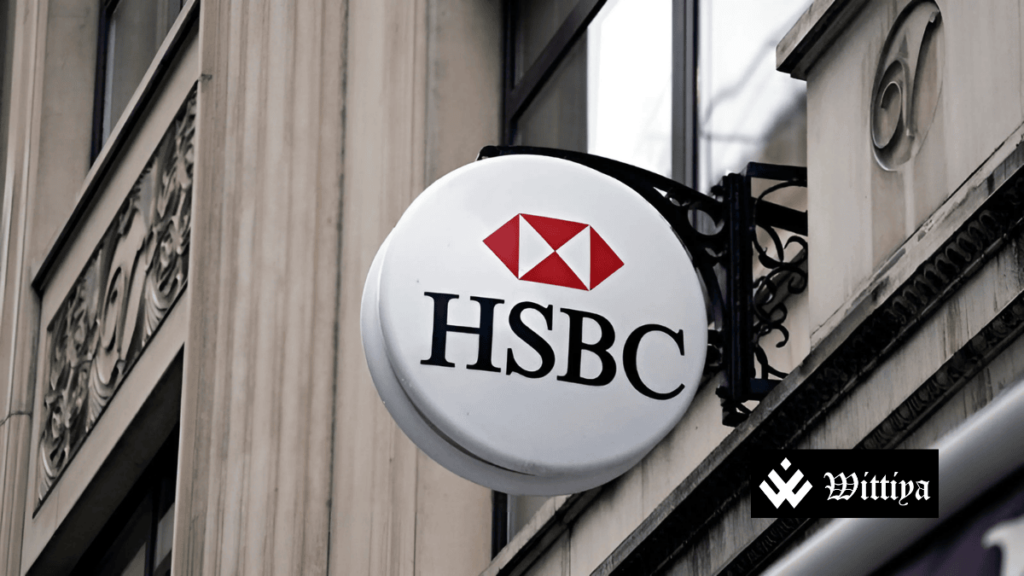HSBC Holdings Plc, Europe’s largest bank, has postponed its key climate targets by two decades, shifting its net-zero goal for operations, travel, and supply chains to 2050. The bank cited slow decarbonization progress across industries and challenges in reducing Scope 3 emissions. This follows a trend among major corporations delaying climate commitments due to technological and policy constraints. HSBC plans to update investors on its transition plan later in the year.
HSBC Holdings Plc, Europe’s largest bank, has announced a significant delay in achieving its key climate targets, extending the timeline for its net-zero goals by two decades. The bank now aims to reach net zero in its operations, business travel, and supply chain by 2050, citing slow progress in global decarbonization efforts as a key obstacle.
HSBC, headquartered in London, is a leading financial institution with global operations spanning retail banking, wealth management, and investment banking. The bank has been a key player in sustainable finance, committing billions toward green initiatives. However, its latest report, released alongside its fourth-quarter earnings, highlights the challenges in cutting emissions, particularly in Scope 3 categories—those linked to suppliers and customers.
Challenges in Meeting Climate Goals
The bank acknowledged that reducing emissions has been slower than anticipated due to external factors, including the speed of technological advancements, energy diversification, climate solution demand, and government policies. “Progress in reducing emissions in the Scope 3 supply chain component is proving slower than we anticipated,” HSBC stated in its report.
HSBC now expects to reduce its Scope 1 and Scope 2 emissions—those generated directly or through energy consumption—by over 90% from a 2019 baseline by 2030. Meanwhile, Scope 3 emissions will see a more gradual reduction, with a 40% decline projected across operations, business travel, and supply chain emissions by the same year.
Industry-Wide Trend of Delayed Climate Targets
HSBC is not alone in pushing back its climate targets. Companies such as Walmart Inc. and Air New Zealand Ltd. have also delayed their sustainability goals, citing technological barriers, inconsistent renewable energy availability, and policy differences across nations.
The banking giant is currently reviewing its 2030 financed emissions targets across seven sectors, including automotive, aviation, and cement industries. HSBC plans to update investors in the second half of the year on its revised transition strategy.
Financial Commitment to Sustainability
Despite the delay, HSBC continues to invest in green finance. Since 2020, the bank has allocated more than $390 billion toward sustainable finance and investments, including nearly $100 billion in green and social financing in 2024 alone. It aims to mobilize between $750 billion and $1 trillion in sustainable finance by 2030.
While the bank’s commitment to sustainable finance remains strong, the decision to delay net-zero targets raises concerns about the feasibility of corporate climate commitments amid broader industry challenges. HSBC’s upcoming investor update will be closely watched for further details on its climate strategy and sustainability initiatives.



